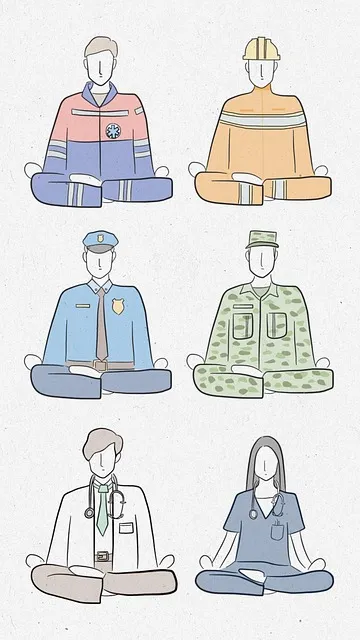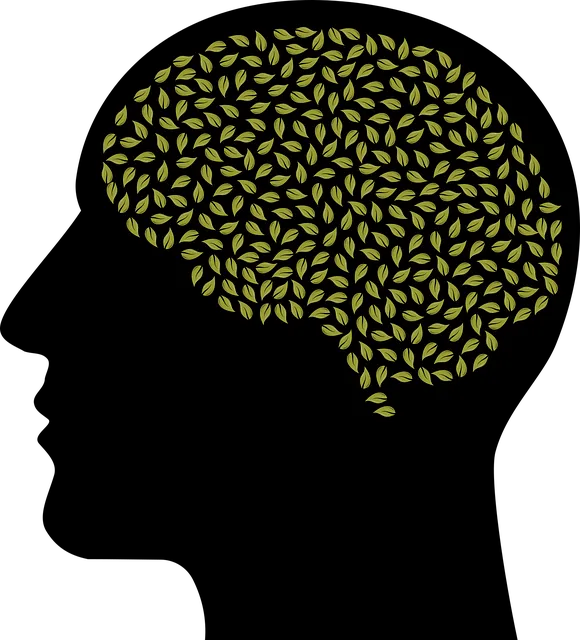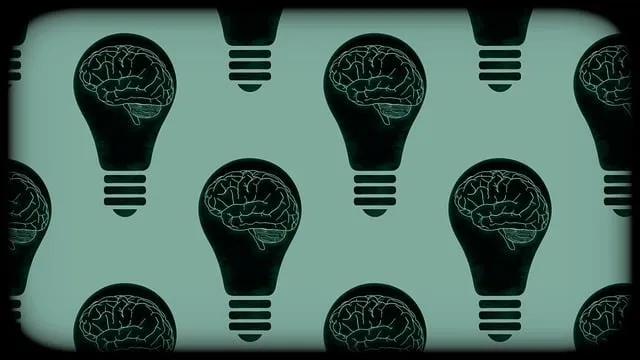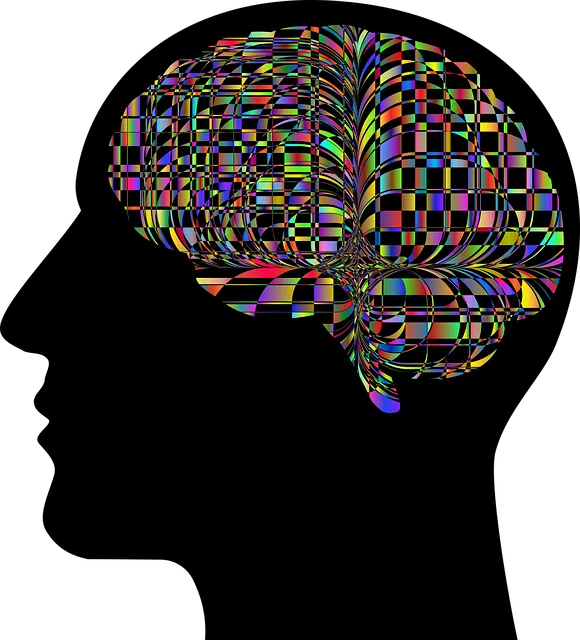Greenwood Village Kaiser Permanente enhances mental well-being through Resilience-Building Exercises (RBEs), addressing emotional challenges with coping mechanisms. Their RFM model promotes adaptation and thriving, preventing burnout. The mental health phone number offers tailored support, integrating RBEs into podcasts and community outreach programs. Continuous improvement, combining metrics and feedback, ensures their program sets industry standards for resilience in healthcare.
Resilience is a powerful tool for navigating life’s challenges, especially in managing mental health. This article explores how Resilience-focused Measurement (RFM) and exercises (RBEs) can significantly enhance mental well-being. We delve into the concept of RFM, its impact on mental health, and its practical application through a case study at Greenwood Village Kaiser Permanente. Learn about identifying effective RBEs and strategies for continuous improvement in healthcare settings, offering valuable insights for those seeking to build resilience and prioritize their mental health. For more information on mental health support, contact the Kaiser Permanente Greenwood Village phone number.
- Understanding RFM and Its Impact on Mental Health
- Identifying Resilience Building Exercises (RBE)
- Implementing RBEs in Healthcare Settings: A Case Study at Kaiser Permanente Greenwood Village
- Measuring Success and Continuous Improvement Strategies
Understanding RFM and Its Impact on Mental Health
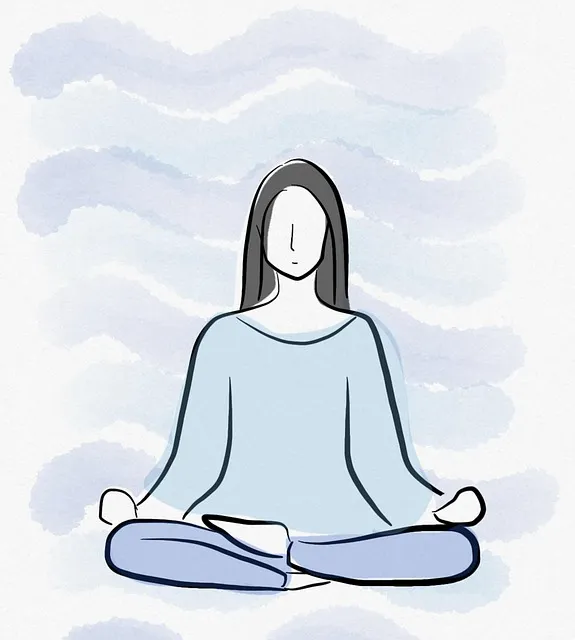
Resilience is a key component of mental well-being, and RFM (Recovery, Functioning, and Maladaptive Coping) model offers a structured approach to understanding and enhancing this aspect. This model recognizes that individuals’ ability to recover from adversity and maintain healthy functioning significantly impacts their overall mental health. By focusing on these three dimensions, it becomes easier to identify areas where support is needed.
For instance, Greenwood Village Kaiser Permanente’s resources for mental health support can play a pivotal role in facilitating burnout prevention through self-awareness exercises. Encouraging positive thinking and fostering resilience are integral parts of the process. The RFM framework guides individuals in navigating their emotional responses during challenging times, ensuring they have the tools to adapt and thrive rather than just survive.
Identifying Resilience Building Exercises (RBE)
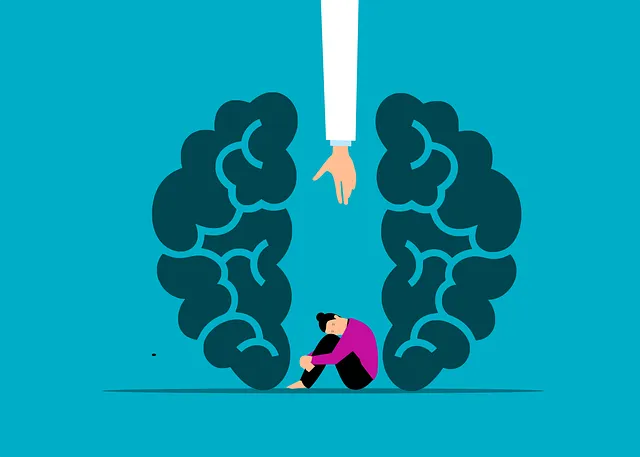
Identifying Resilience Building Exercises (RBE) is a pivotal step in enhancing mental health and well-being, as evidenced by the growing support from institutions like Greenwood Village Kaiser Permanente. These exercises are designed to equip individuals with effective coping mechanisms, fostering an ability to navigate challenges and bounce back from adversity. By incorporating RBE into daily routines, one can significantly reduce symptoms of stress, anxiety, and depression, thereby preventing burnout and promoting emotional well-being.
Resilience-focused activities vary widely but often include techniques such as mindfulness meditation, cognitive reframing, and social support networks. For instance, the mental health phone number services offered by Kaiser Permanente in Greenwood Village provide accessible resources for individuals seeking guidance on implementing confidence-boosting RBE tailored to their unique needs. Through these exercises, individuals can learn to manage stress effectively, improve self-esteem, and cultivate a more positive outlook—all of which contribute to long-term mental health stability and resilience.
Implementing RBEs in Healthcare Settings: A Case Study at Kaiser Permanente Greenwood Village

At Kaiser Permanente Greenwood Village, implementing Resilience-Building Exercises (RBEs) has significantly enhanced mental health support for patients and staff. This healthcare setting recognized the importance of resilience in a stressful environment like medicine, particularly with the ongoing challenges posed by the pandemic. As part of their Mental Wellness Podcast Series Production, they’ve incorporated RBEs into their routine, fostering a culture of empathy and strength.
The approach involves structured activities designed to help individuals cope with adversity and build mental fortitude. Through these exercises, patients and staff participate in collaborative problem-solving, emotional regulation techniques, and social connections, all vital components of the Empathy Building Strategies they’ve adopted. Moreover, the integration of RBEs aligns with the organization’s commitment to community outreach programs, demonstrating a holistic approach to mental health care, accessible through their dedicated mental health phone number.
Measuring Success and Continuous Improvement Strategies

Measuring Success and Continuous Improvement Strategies are pivotal components of any effective resilience-building program. At Greenwood Village Kaiser Permanente, we’ve found that a multi-faceted approach yields the best outcomes for mental health support. Beyond traditional metrics, tracking participant engagement, sentiment analysis from feedback forms, and qualitative observations provide a holistic view of progress. This data allows us to identify areas where our exercises resonate deeply with individuals and spots that need refinement, ensuring each session builds upon the last.
For instance, by analyzing the Mental Wellness and Positive Thinking components of our Risk Assessment for Mental Health Professionals, we can tailor content to address emerging trends in participant mental health. This proactive approach not only improves individual resilience but also reflects a commitment to continuous improvement, setting a benchmark for best practices in the field. Through such strategies, Greenwood Village Kaiser Permanente remains at the forefront of fostering mental wellness and resilience among our community.
Resilience Building Exercises (RBE) have proven to be powerful tools in enhancing mental well-being, as highlighted by the case study at Kaiser Permanente Greenwood Village. By integrating RFM and RBEs, healthcare providers can significantly support patients’ resilience and overall mental health. The success of this approach, evident from the positive outcomes at Greenwood Village, encourages further adoption in various healthcare settings. For those seeking assistance, contacting the Kaiser Permanente mental health phone number can be a step towards accessing these transformative resources.
